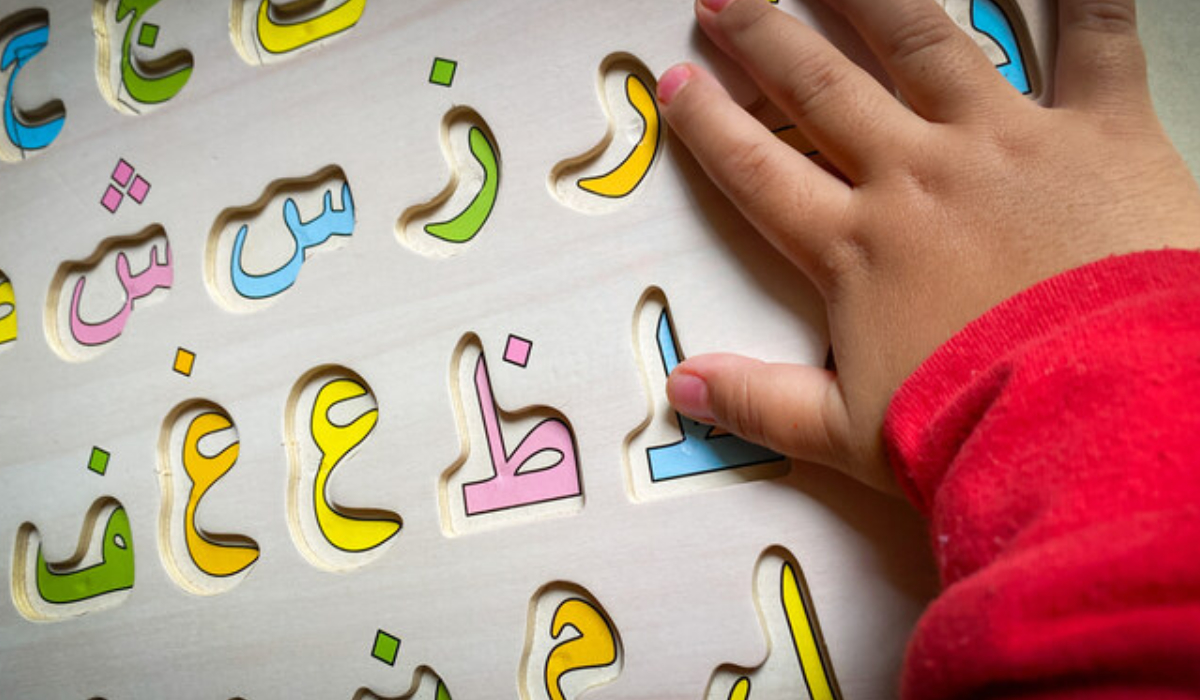RIYADH: Chinese-language instruction has begun at the country’s schools to equip young people with valuable linguistic skills and cultivate a deeper appreciation for the Asian nation’s culture.
The language is being taught to primary and middle school students.
According to reports, 175 educators are teaching Mandarin in Saudi Arabia, aligning with an education agreement signed by the two countries last year.

“Arabic courses are widely available in Chinese universities, and many international secondary schools also have Arabic teachers". (Shutterstock)
The ministry has stated that young Saudi Arabia students will improve their chances to find jobs or pursue studies at prestigious Chinese universities.
Hanan Alharbi, a Saudi mother from Riyadh, said she was “very positive” about the ministry’s decision because it was an “important step toward promoting global culture and providing students with new and useful language skills, especially since the teachers are Chinese.”
The decision is in line with China’s growing importance in the global economy and the thriving trade and economic ties between the two nations.
FASTFACTS
• According to reports, 175 educators are teaching Mandarin in Saudi Arabia, aligning with an education agreement signed by the two countries last year.
• The Saudi Ministry of Education said it selected several schools to pilot the language program before gradually expanding the curriculum to include instruction up to the third secondary grade by the year 2029.
A Chinese mother from Tianjin, Taotao Wang, said: “We see this as a positive development. For us, it means sharing the cultural classics of the Chinese civilization beyond our borders.
“For Saudi Arabia, it helps to remove barriers to effective communication between our two nations. This cultural exchange is about finding beauty in our differences and growing together.”
Alice Xiong, a teacher from Guangdong province in China, told Arab News she saw it as a “win-win” situation.
“Saudi Arabia is an energetic country with a lot of young people. There are more and more Chinese people who do business and travel in Saudi Arabia … teaching the Chinese language in schools will make communication easy and direct for both country’s young people.”
She said Arabic was now being taught in China.
“Arabic courses are widely available in Chinese universities, and many international secondary schools also have Arabic teachers. I hope that cultural and commercial exchanges between the two countries will get better and better,” she said.
The ministry said it selected several schools to pilot the language program before gradually expanding the curriculum to include instruction up to the third secondary grade by the year 2029.
This phased approach will allow the ministry to evaluate the effectiveness of the program and make necessary adjustments.
The Kingdom’s Education Minister Yousef Al-Benyan recently highlighted the government’s significant investment in the sector in alignment with Saudi Vision 2030.



























